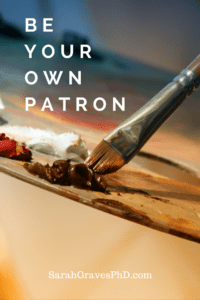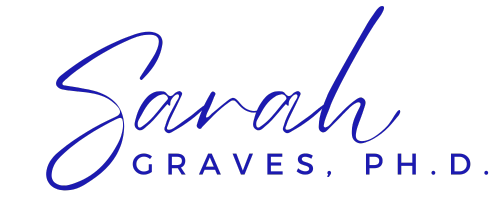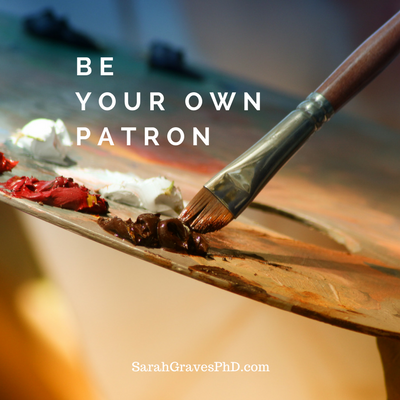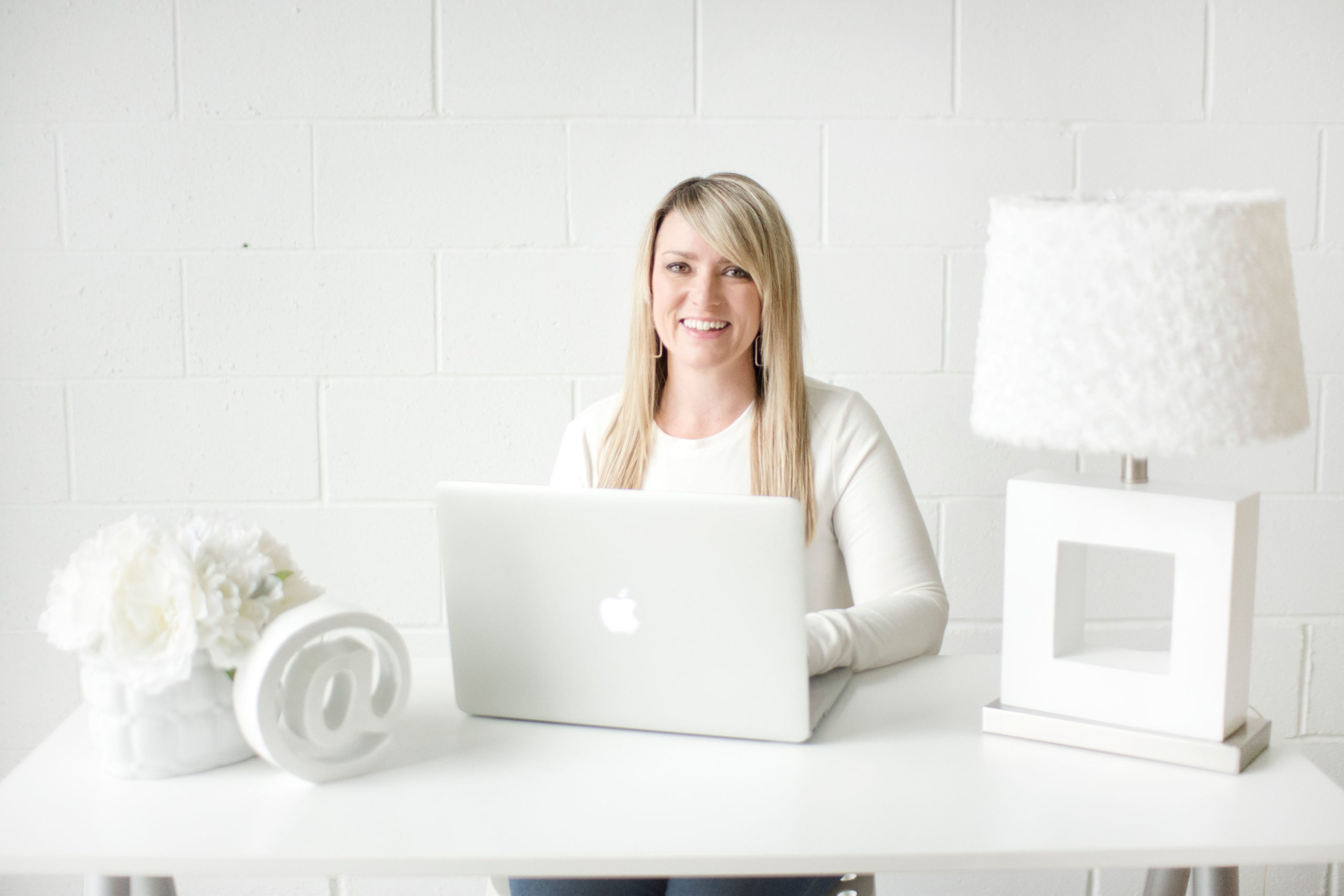I’m one of those rare breeds that always knew what she “wanted to be when she grew up.” For almost as long as I can remember, I have self-identified as a writer. I can actually remember a moment, looking at my stacks of books and notebooks full of “stories,” thinking to myself, “Of course, I’m a writer.” I may have been four or five.
Yet, as a kid growing up in the 1980s and 90s, the myth of the “starving artist” abounded. Being a writer was definitely not a career choice in the same way as being a doctor or lawyer. It was a recipe for misery and many hungry nights.
So, like any good little girl from an affluent suburb, I went to law school. It’s what everyone expected of me. The thing was, even though I tried to pretend differently for a while, I wasn’t a lawyer; I was a writer. Although I kept up good grades in my first semester, and even made the Dean’s List, I more often found myself taking notes for the novels I wanted to write than the function of easements. In my second semester, I diligently searched every course syllabus for the exact number of days I could be absent without academic repercussions, and then I would gather up my pen and notebook and take off for the nearby botanical gardens, where I would sit among the flowers and scribble away about mermaids.
And, on the days I was required to show up for class, I began to resent it. I resented every minute I had to listen to a lecture about the UCC (Uniform Commercial Code), instead of being able to write. In every other profession, I reasoned, you could apply for an entry-level position, climb up the ladder, and have a career. You didn’t have to worry about how you were going to eat while you took someone’s blood pressure or designed a market report. Wouldn’t it be nice, I thought, if there were patrons, like in the Renaissance, who would fund your art while you worked on it? (Never mind, that this is not only an oversimplification, but in many cases patrons actually do exist today. That’s another blog post for another day . . .)
I left law school. I didn’t think it was for me. The trouble was, I still needed to eat. Not knowing what else to do, I waited tables for a while. Then I worked as a substitute teacher. And, although substitute teaching eventually led me to another passion of mine, teaching college, I approached every job with an attitude of resentment. Everything I did to earn a paycheck was taking me away from what I really wanted to be doing – writing.
Then, a few years back, I read Elizabeth Gilbert’s Big Magic. In it, she describes never wanting to place on her art the burden of making money. When you put financial expectation on your art, she argues, it cuts off the creative process. She wanted to feel free to create whatever her inner “muse” inspired, and not a product that must make money. So, she worked any number of day jobs instead, knowing that she could always make money to pay the bills, and as long as she did so, she could take that burden off her art.
The idea was something that began to seep into the cracks of my own thinking. I’d never really entertained the possibility that one could make art not to make money. If I’d always known I was meant to write, that meant writing was supposed to be my career, right? And a career meant making money.
And then I read Real Artists Don’t Starve by Jeff Goins, and what he had to say about “being your own patron,” radically shifted the needle for me. Because I had been listening to messages all my life about “live your dream” but “don’t be a starving artist,” I genuinely felt to my bones an internal conflict that was pulling me in two directions. Which one was it? Go follow your dream? Or go follow a paycheck?
Turns out, it’s not actually an either or. In fact, far from being an obstacle, the thing you do for the paycheck can actually be the means to making your art. All this time, I had resented my “job,” thinking of it as something that was keeping me from writing. But my jobs had actually been my patrons, they were the funding that kept me in pens and paper and laptops and writing courses. That idea alone blew my mind. It created a radical shift in my thinking, such that I finally understood what Gilbert meant in Big Magic about taking the expectation of making money off your art.
That’s not to say that there’s anything wrong with wanting to make a living off your art. But I do think it’s important to think about it like a long game. If you’re really wanting to make a career of being a writer and not just be a one-book-wonder (which is fine too, if that’s your thing), you have to consider all the ways you’re in it for the long haul.
For every artist, writer or otherwise, there is a period of apprenticeship wherein one sets out to learn and master their craft. And you have to allow yourself room for that phase. Let yourself be terrible. Give yourself room to learn. If you start out, right from the gate, needing to make money off your art, you aren’t honoring the process of what it takes to actually get to a place where you’ve earned it. That’s one aspect.
The other is, you can never account for the market, for that thing that actually will make you money. Gilbert talks about having written other things, but, for whatever reason, it was Eat Pray Love that remarkably took off for her. She didn’t expect it to happen; it just happened. Having a day job that pays the bills in the meantime allows you to have the time and space to create the work you want.
It’s not that you can’t continue to harbor dreams of writing full-time. But a day job allows you greater freedom and flexibility to do better work and to create the work that really calls to you — precisely because you don’t have to make a living off it. But, if you work hard and keep producing and nurture an audience for your work, the day may come when you can leave the day job behind.
In the meantime, however, without income artists can’t create. We also can’t eat, keep a roof over our heads, or put clothes on our backs. For that, we need patrons. But it is possible to be your own patron. That’s what the day job is for.
It’s not an obstacle, after all, but the very means to the dream.

What are your feelings/struggles around working-for-a-living while making art? Please share in the comments section below!


